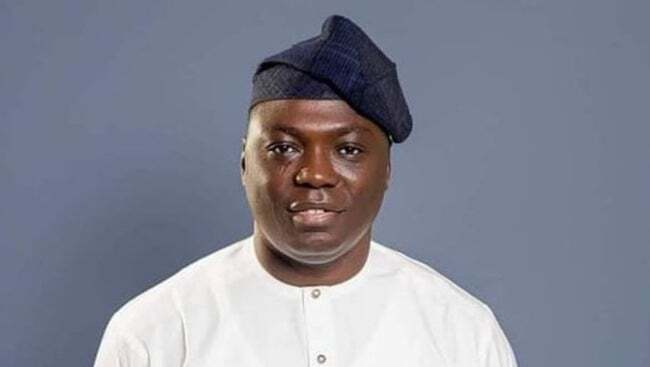By Terna Chikpa, Jalingo
The Internally displaced persons (IDPs), of Tiv extraction in the Southern senatorial district of Taraba state on Wednesday, renew their appeal to governor Agbu Kefas to priorities their safe return and integration, especially access to education for their children.
This follow a civic reception organized by the Wukari Local government in honour of the governor, schedule for Saturday the 31/5/2025.
The Nigerian Tribune reports that the internally displaced persons (IDPs), have been taking refuge in makeshift camps across the border in Benue State following the over five years of communal unrest.
The displaced persons called on the governor to prioritise their safe return and integration, especially access to education for their children.
They lamented the continued neglect of thousands of their children who are growing up without education or basic support.
Speaking from one of the camps in Jootar, Benue State, leader of the displaced Tiv community from Wukari LGA, Victor Ahur, said despite the governor’s free education policy and ongoing reforms in the education sector, their children have remained excluded.
“Our children don’t know what a school uniform looks like. They have never heard a bell or seen a chalkboard. We have been here for over five years. We are appealing to Governor Kefas to remember us. These children are part of Taraba too,” he said.
One of the affected children, Iorzua Felix, who hails from Daa village in the Rafinkada ward of Wukari Local government told Tribune that his dream of acquiring Western education was gradually been eroded.
Tribune also reports that stakeholders have also criticize the governor Agbu Kefas’ widely praised free education programme, noting that the interventions has not reached children in the IDP camps.
A volunteer educationist, Cephas Audu, expressed concern over the exclusion of displaced children, warning that the state risk losing a generation to ignorance and trauma.
“The governor’s policy is commendable, but deliberate steps must be taken to include displaced children. These are not just statistics they are citizens with a future,” he stated.
Hajiya Hafsat Abubakar of Alheri Educational Foundation, an (NGO), told correspondent that the children’s situation pertaining education was terribly bad, describing the situation as a “ticking time bomb,” even as she warned that trauma and exclusion could breed long-term insecurity.
“From our interaction, these children have bad experiences. If we keep ignoring them, we are sowing the seeds of future instability,” she said.
Tribune also reports that Civil society organisations and legal experts have also called on the Taraba State Government to initiate a comprehensive reconciliation process and support the voluntary return of displaced persons through resettlement schemes, mobile schools, and psychosocial services.
A human rights lawyer, Sale Magaji, described the situation as both a humanitarian and constitutional crisis, urging the state government to take proactive steps in line with its responsibilities.
“This is a moral and legal obligation. If the government can’t ensure that all children including those displaced receive basic education, then the entire system is failing. Leadership must be inclusive,”
“The governor needs to understand that as Wukari prepares to roll out the drums for him, IDPs like Iorzua Felix and his younger sister, Doolumun, continue to hope not for charity, but for a chance to return home, attend school, and rebuild their lives with dignity”. He said.
The civic reception observers say, presents a symbolic opportunity for Governor Kefas to heed the call for justice, healing, and inclusion, a defining moment to show that under his leadership, no part of Taraba will be left behind.











